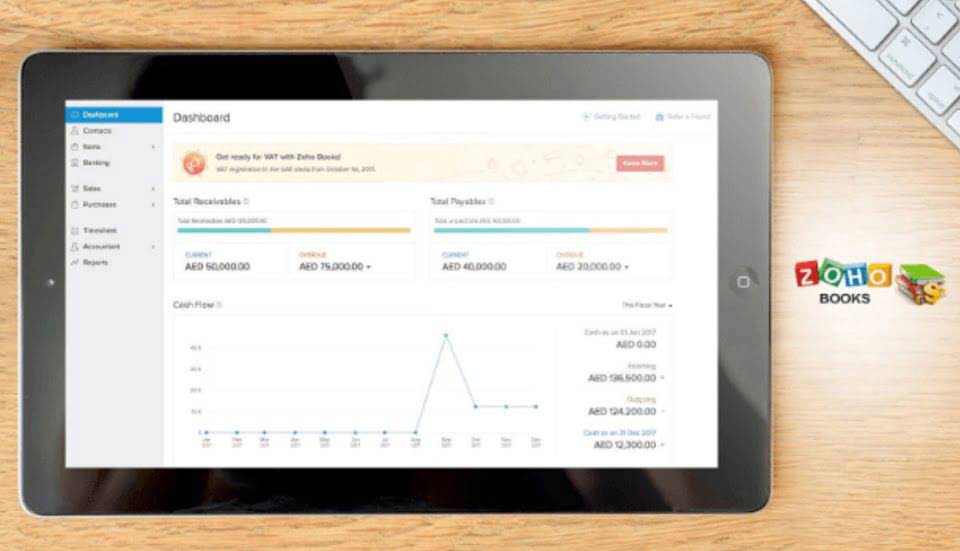Your cart is currently empty!
What Kind of Financial Reporting Requirements Does GAAP Set Out?

Well, understanding where your accountant is coming from will help you better communicate with them and allow you to verify your accounting is being done correctly. Even though your accountant is a trusted business advisor, you are ultimately responsible for your business’s financial information. GAAP was ultimately created in response to the Stock gaap is concerned with making sure that financial reports are Market Crash of 1929 and the subsequent Great Depression. Many economists believe that these historical events were at least partially the result of questionable reporting practices by some publicly-traded companies. Mike Dion brings a wealth of knowledge in business finance to his writing, drawing on his background as a Senior FP&A Leader.
Additional Guidelines
A company has the freedom to use the accounting procedure of its preference while recording its transactions, but the accounting procedure should be the same over different periods. Creating GAAP-compliant financial statements by hand can be time consuming and frustrating for small businesses. Fortunately, most popular accounting and bookkeeping software already have GAAP rules built in to ensure compliance and accuracy. Closing entries transfer the balances of temporary accounts to permanent accounts, such as retained earnings. Whether it’s GAAP in the U.S. or IFRS elsewhere, the overarching goal of these principles is to boost transparency and make it easier for investors to compare the financial statements of different companies. Accounting principles are rules and guidelines that companies must abide by when reporting financial data.
What Kind of Financial Reporting Requirements Does GAAP Set Out?

The GAAP accounting cycle is an essential process that enables businesses to record, summarize, and report their financial transactions in a consistent and reliable manner. Moreover, following the GAAP accounting cycle helps businesses maintain compliance with regulatory requirements and contributes to effective financial decision-making. GAAP is the set of standards and regulations any publicly traded company in the U.S. is legally required to follow when preparing financial documents. Any accountant handling financial reports and information for these companies must adhere to GAAP guidelines.
Automate your small business accounting
Bringing uniformity and objectivity to accounting improves the credibility and stability of corporate financial reporting, factors that are deemed necessary for capital markets to function optimally. Multiview Financials’ ERP provides a single point of truth within your organization, enabling visibility across divisional, regional, or product line silos. It goes beyond traditional finance and accounting to add the sophisticated capabilities that today’s complex organizations demand. However, this doesn’t mean a business is exempt from complying with GAAP simply because of the cost involved. This principle typically applies to a small number of companies and only if the financial information being provided is truly inconsequential in relation to the cost.


GAAP ensures companies generate clear, comprehensible and comparable financial data regardless of industry, status or affiliations. The information in these financial statements help lenders, investors and others evaluate a company or organization. GAAP serves as the bedrock of financial accounting, providing a standardized framework for preparing financial statements.
Principle of Permanence of Methods
Some scholars have argued that the advent of double-entry accounting practices during that time provided a springboard for the rise of commerce and capitalism. The International Financial Reporting Standards (IFRS) is the most widely used set of accounting principles, with adoption in 168 jurisdictions. The United States uses a separate set of accounting principles, known as generally accepted accounting principles (GAAP). Perform a detailed review of your current accounting practices, financial statements, and reporting processes.
How are Generally Accepted Accounting Principles Used?

The Financial Accounting Standards Board (FASB) and the Governmental Accounting Standards Board (GASB) jointly created GAAP principles in the U.S. in the 1970s. These principles were established and adapted largely to protect investors from misleading or dubious reporting. Another notable difference between the two is that GAAP allows for both first in, first out and last in, first out inventory accounting methods. In contrast, the international standards ban the LIFO method and only allows inventory to be accounted for with either FIFO or the weighted average cost method.
- Accrual accounting recognizes the impact of a transaction over a period of time.
- When compiling reports, accountants must assume a business will continue to operate.
- Simon Litt is the editor of The CFO Club, specializing in covering a range of financial topics.
- Some companies in the U.S.—particularly those that are traded internationally or see a lot of international business—may use dual reporting (i.e., both methods) when preparing financial statements.
Exploring FASB and GAAP: A professional insight into financial guidelines

The main goal of GAAP is to provide a common language for financial communication. It allows for easy comparisons of financial data between different companies and industries. This helps investors, lenders, and others make informed decisions based on reliable information.

Leave a Reply